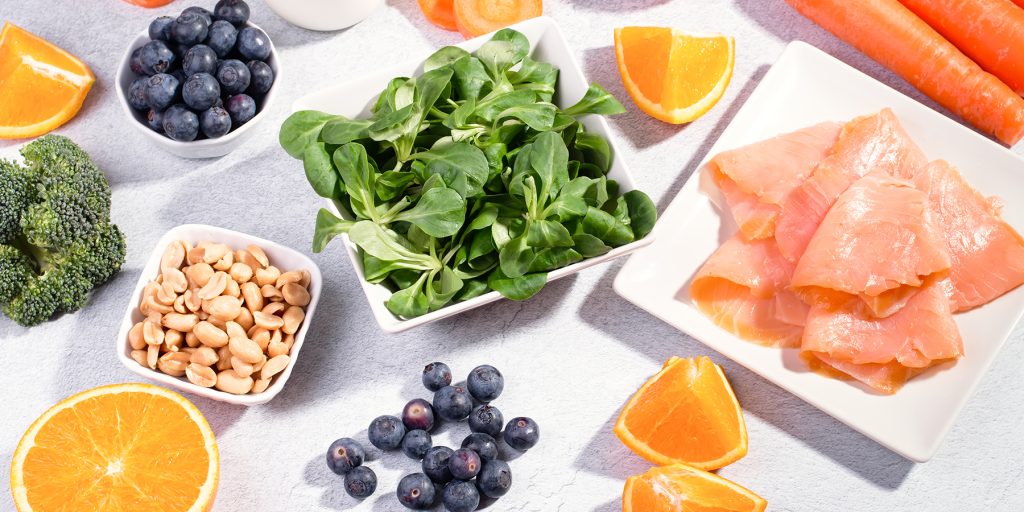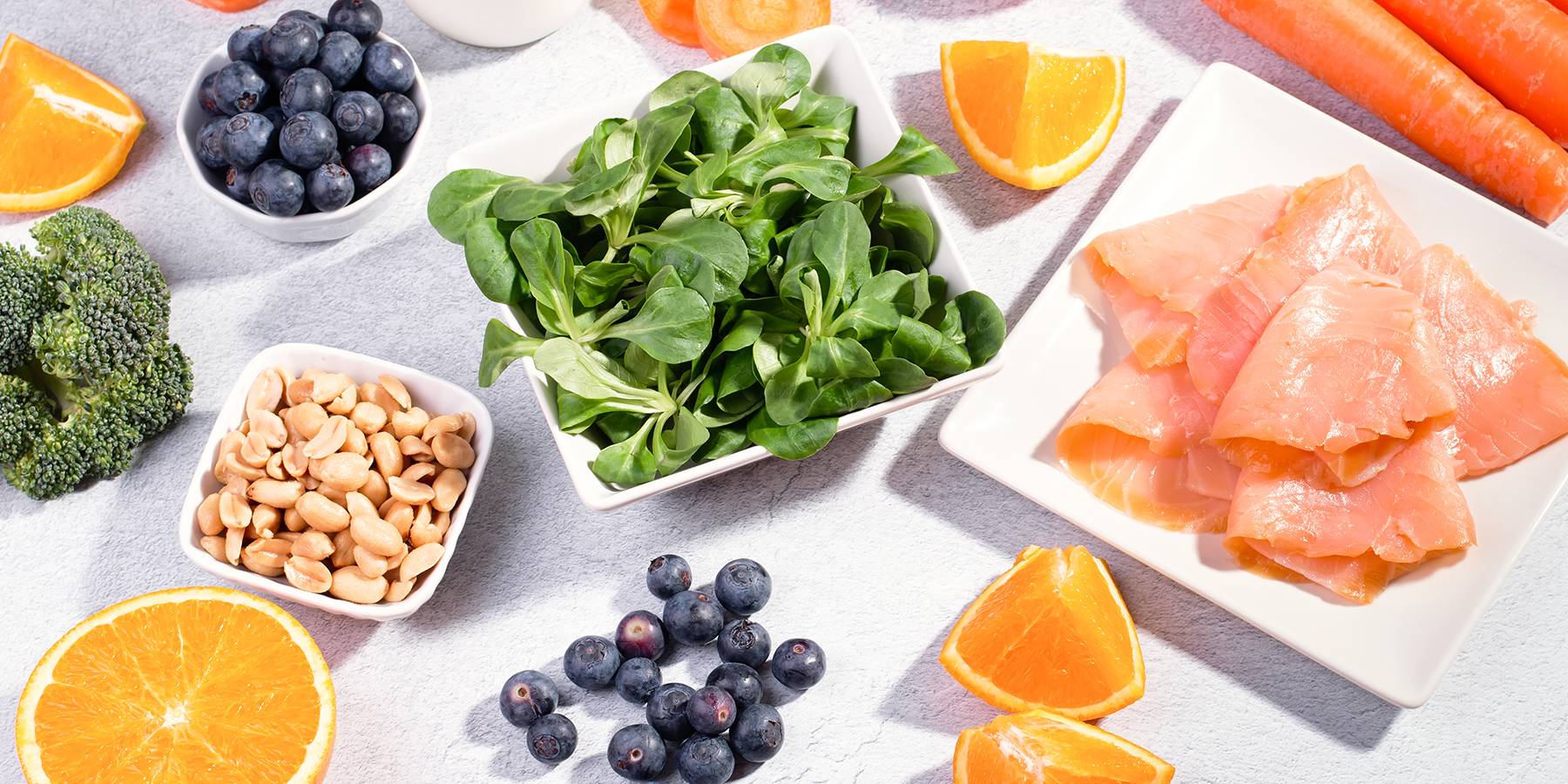
Navigating the path of Intuitive Eating can be tough, particularly when you’re just starting out. Questions like, “Will I ever desire vegetables?” or “How do I stop the guilt after indulging in sweet treats?” and “How can I truly recognize when I’m hungry?” are common concerns we all face. Don’t worry, you’re not the only one grappling with these queries. Dive in for some insights and guidance to support you on your Intuitive Eating adventure.
Intuitive Eating Insights: The First Edition
Lately, I’ve received numerous insightful questions via my Instagram concerning Intuitive Eating, and I felt the need to share my thoughts with all of you. Contrary to traditional diets which often seem easy at the onset due to their structured approach, but become more demanding over time, Intuitive Eating is admittedly tough in the initial phase but gradually becomes more intuitive as you continue.
This edition delves into matters like dealing with cravings, the struggle of food restrictions, confronting food-related guilt, establishing a harmonious relationship with food, understanding gentle nutrition, and discerning hunger from fullness. If you’re relatively new to this concept, make sure to peruse the sequels: Editions 2 through 5 of this series. And if you’re just starting out on your Intuitive Eating journey, do have a look at my introductory blog post. Feel free to share any questions or experiences from your journey in the comments below.
Question: Why do I constantly feel remorse after consuming foods I know aren’t the healthiest, especially desserts? I seem to enjoy them more out of cravings than actual hunger, leading to guilt. How can I curtail these cravings and the ensuing guilt?
Answer: Cravings often arise from restrictions. Before anything, question yourself, “Am I unintentionally limiting certain foods?” Even without a formal diet, the mere feeling of guilt can imply an impending sense of deprivation, which in turn triggers cravings. Labeling foods as “good” or “bad” often results in overindulgence when we finally access those “off-limits” treats. This cycle of restriction and guilt needs to be broken. This is the reason why Intuitive Eating encourages cultivating a peaceful relationship with food. Granting yourself the freedom to enjoy all foods can reduce the guilt and subsequent cravings. Realigning your mindset and silencing the critical inner voice can be transformative. Instead of restrictive thoughts, embrace affirmations like:
- “I am choosing foods that satisfy my needs.”
- “Skipping vegetables today is fine.”
- “The nourishment I choose for my body is up to me.”
- “I appreciate your concern, but I trust my choices” (responding to the inner critic).
Question: Having practiced intuitive eating for a while, I seldom find myself gravitating towards vegetables. Will this ever change?
Answer: Intuitive Eating doesn’t dismiss the importance of nutrition; it’s about balancing what you desire with what your body needs. The aim isn’t mindlessly eating whatever, whenever. Alongside acknowledging hunger and satisfaction, it’s essential to make mindful choices based on knowledge and past experiences. Once the restricting voices fade, you can genuinely choose foods that serve both your health and palate. Choosing to include veggies may be less about intense cravings and more a conscious act of self-care. You might find joy in experimenting with new ways of incorporating them into your diet.
Question: Lately, I’ve noticed a surge in hunger, almost every few hours. While I’ve been trying to respect these hunger signals, I’m concerned I might be eating too frequently. How can I differentiate between genuine hunger and mere boredom?
Answer: Reconnecting with your innate hunger cues, especially after years of diet adherence, can be a gradual process. Until then, continue to trust and honor those signals. This practice is pivotal in rebuilding the trust between you and your body’s hunger messages. It’s normal to go through some trial and error during this phase. Maintaining a journal can assist in identifying patterns. Whether it’s a strenuous workout from the previous day, an insufficient breakfast, or monthly cycle-related hunger spikes, understanding these patterns can be enlightening. And yes, occasionally, it might just be boredom or stress. Approach this journey with an open mind and curiosity, free from judgment. The goal is to listen to and understand your body’s unique cues, rather than adhering to external food rules or diets.




